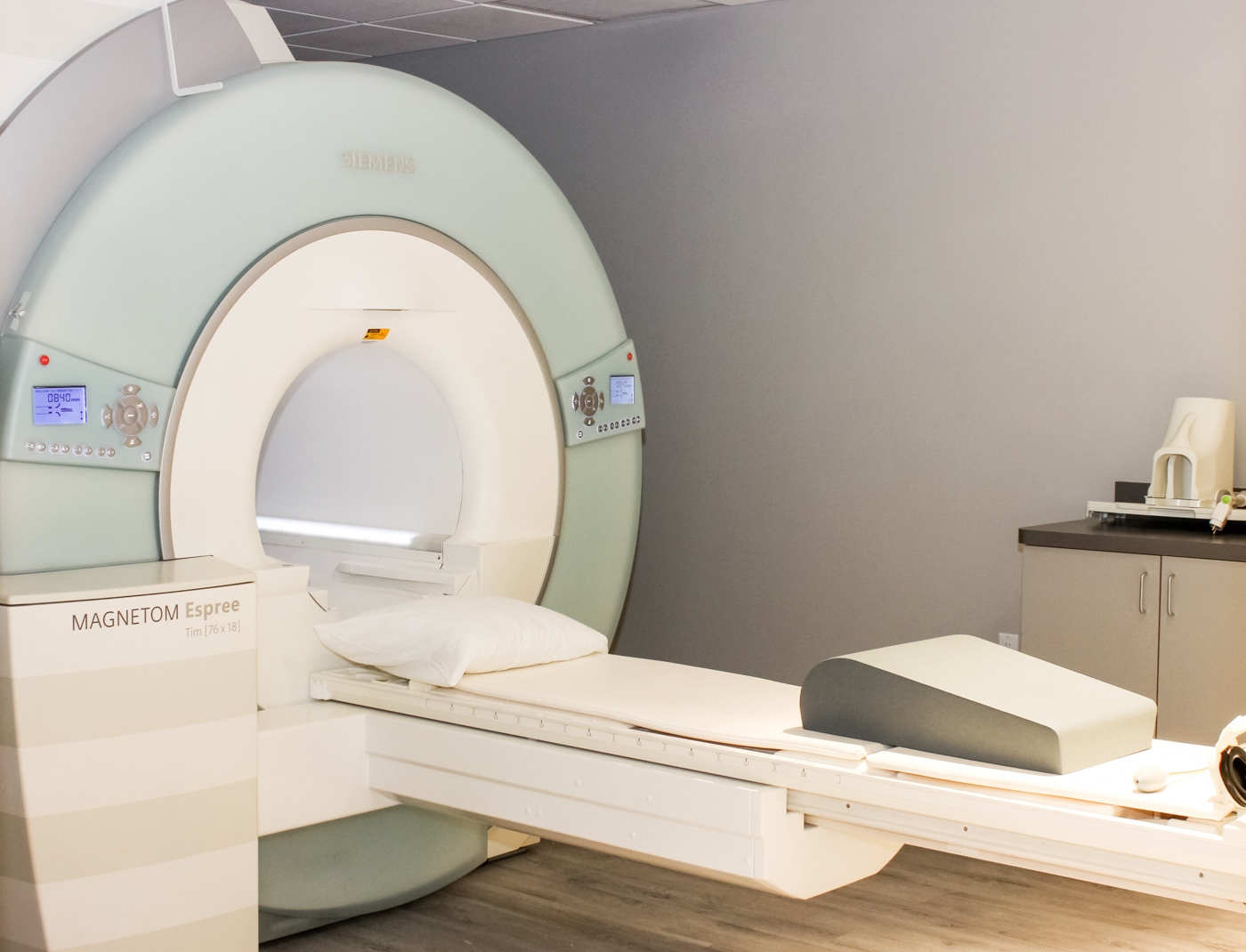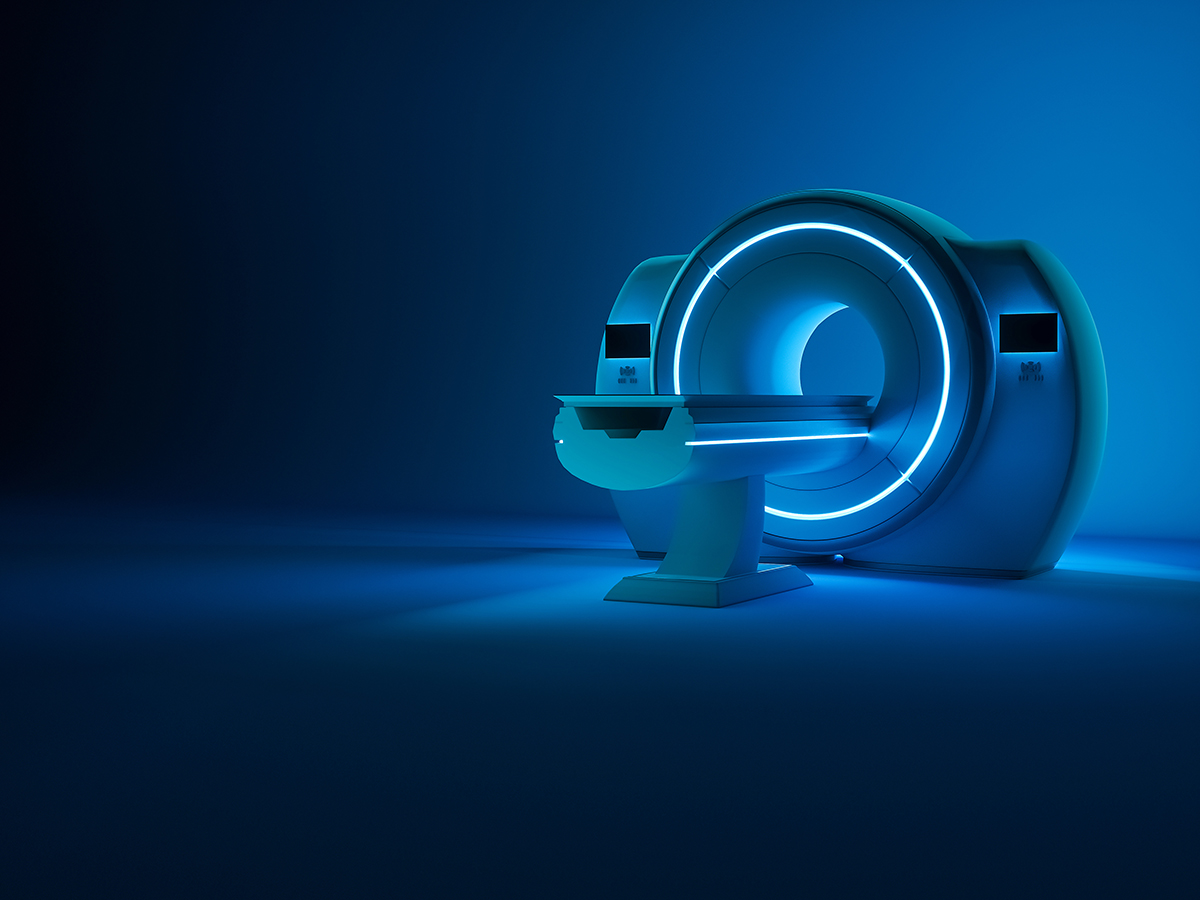According to the American Academy of Neurology (AAN), about 1.6 to 3.8 million concussions result from sports-related injuries in the United States each year. These injuries can affect any person no matter his or her age, weight, height, gender, or athletic ability. Brain injuries or concussions can result in a full recovery; however, this assumes the injuries are detected in time or even detected at all.
The innovative neuroimaging technique, Diffusion Tensor Imaging (DTI), is one of the newest advancements in injury detection technology. DTI can estimate the specific location, orientation, and anisotropy of potential damage after a victim’s traumatic brain injury (TBI) or concussion by isolating water movement and white matter within the brain. DTI is crucial to recognizing the effects of traumatic events on the brain, even axonal injury that might have taken place. More specifically, DTI can help locate axonal injury after a sports-related TBI or concussion.
White matter contains nerve fibers, or axons, that transmit messages throughout the brain. A DTI scan can reveal whether or not the water molecules in the axons are flowing properly along axonal directions. The scan showcases white matter pathways as multicolored fibers. If the DTI scan identifies water flow is obstructed or misdirected in white matter, that finding can be evidence of axonal injury.
What is the significance of axonal injury detection? Axonal injury is the primary pathophysiologic process that occurs after a TBI. It can expose itself through symptoms of axonal swelling or axon degeneration. The axon will swell up, cease functioning, and disconnect itself from a brain neuron. All in all, these conditions suggest lasting effects to a victim’s brain. Since a standard CT scan and a standard MRI scan cannot detect axonal injury, specialists are turning to DTI as a reliable tool.
DTI can be helpful in identifying TBI among sports players. Extensive studies have shown that concussions correlate with DTI results over time. For example, several players from one high school football team participated in scans at the beginning and end of one particular football season. They also completed cognitive exams before and after that football season occurred. One player experienced a concussion, and his scan results showed the greatest proportion of post-season changes in fractional anisotropy. All other non-injured players’ results showed no signs of concussion.
In recent years, DTI has proven to be a trusted tool for technicians uncovering TBI or concussions in athletes. Early detection has allowed for the swift analysis and treatment of most TBI or concussions that have resulted from traumatic physical activity.
Windsor Imaging, South Florida’s premier diagnostic imaging center, hosts DTI studies that can safely and accurately address a TBI. Windsor Imaging is currently scheduling patients for DTI studies at its Boca-Delray Beach location. As one of the few diagnostic imaging centers offering DTI scanning, Windsor Imaging’s Boca-Delray Beach location can comfortably receive patients seeking clear brain scan results.
To learn more about the facility’s DTI services, contact Windsor Imaging today.


